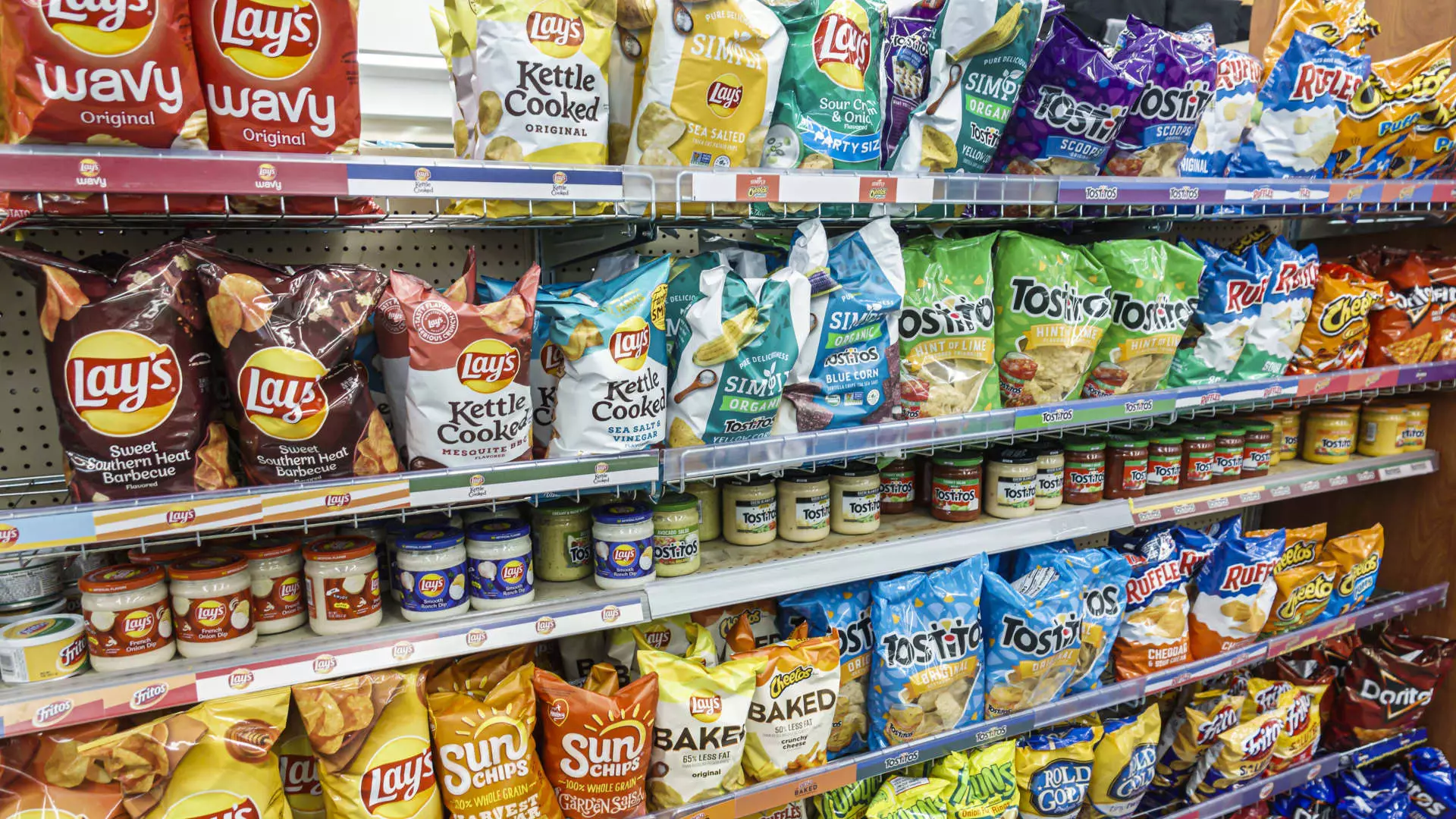Recent developments in the political arena have triggered significant fluctuations in the processed food sector on Wall Street. Stocks of major food companies saw sharp declines in response to President-elect Donald Trump’s appointment of Robert F. Kennedy Jr. as his nominee for the secretary of the Health and Human Services Department. This regulatory uncertainty has made investors anxious, resulting in drops for industry giants like PepsiCo and Coca-Cola. The former saw a dip of over 4%, while the latter declined by approximately 1.3%. The implications of this selection have stirred mixed sentiments, particularly due to Kennedy’s controversial positions on food and health policies.
The tremors in the market were felt across a spectrum of companies closely associated with processed foods. General Mills, known for its Cheerios cereal, experienced a fall exceeding 2%. Similarly, Conagra Brands, which produces beloved items like Reddi-wip, joined the downturn with a comparable drop. Notably, Campbell Soup’s stock, relevant for its Goldfish crackers and Pepperidge Farm cookies, witnessed a near 3% decline. Kraft Heinz, popular for its mac and cheese, also retreated by approximately 2%. The frozen potato supplier, Lamb Weston, faced the harshest decline, plummeting more than 6% as it is linked to fast-food chains like McDonald’s and Chick-fil-A.
Kennedy’s nomination raises questions about the future focus of various health-related agencies such as the Food and Drug Administration (FDA) and the Centers for Disease Control and Prevention (CDC). Given Kennedy’s history of skepticism towards vaccines and his past pursuits as a conspiracy theorist, his potential leadership could herald a new era of regulations affecting food safety and nutrition standards. Critics have pointed out that his “Make America Healthy Again” mantra could lead to increased scrutiny directed at the processed food industry, which is infamous for high sugar and sodium contents in products that appeal to children.
The fears surrounding Kennedy’s proposed adjustments, which include dismantling existing nutrition departments within the FDA, have resulted in unease among stakeholders within the nutrition landscape. His criticism of current food regulatory practices, highlighted by his provocative remark regarding the ingredient lists in cereals such as Fruit Loops, draws attention to the broader issues of food quality in the U.S. Kennedy’s statements suggest an alignment with those advocating for transparent food labeling and stricter ingredient scrutiny aimed at protecting public health, particularly children.
As traders come to terms with the implications of this political shift, the outlook for the processed food sector remains clouded in uncertainty. Should Kennedy’s nomination proceed and face Senate approval, his administration could fundamentally alter the operational landscape for food companies, resulting in significant changes in marketing, production, and ingredient sourcing. The processed food industry must now strategize to navigate these potential changes while addressing both public health concerns and investor anxieties, creating a complex challenge in a rapidly evolving political climate.

